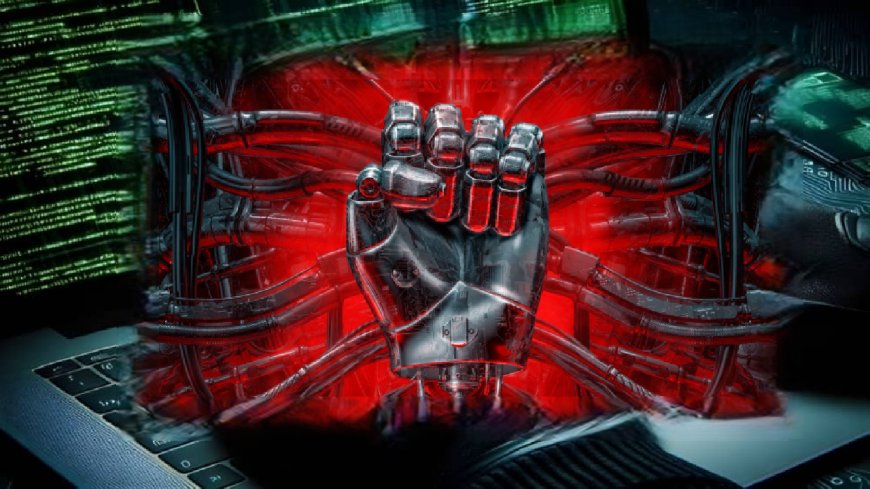Digital Darkness: One Year Since Bangladesh’s Internet Blackout Begins

What began on July 16 last year with a mobile internet shutdown culminated two days later, on July 18, with a complete blackout of broadband services—marking one of the darkest chapters in Bangladesh’s digital connectivity history. From that date until early August, the country experienced varying degrees of internet disruption, ultimately plunging into a “digital blackout” that severed access to crucial information and services for millions.
The blackout continued intermittently, with partial restoration between July 25 and 28. Then, another full shutdown returned on August 3, with connectivity resuming only by midday on August 5.
Despite widespread public backlash and international scrutiny, the digital crackdown—initiated by the previous Awami League government—remains a point of contention, particularly given the government’s own designation of internet services as “essential.” Efforts to control online dissent through social media harassment, state propaganda, and repressive laws appeared to target the very digital empowerment tools that had enabled civic participation and transparency.
However, some changes have emerged. For example, although recent propaganda campaigns surrounding the Gopalganj issue circulated online, the internet remained active—marking a departure from past responses.
One year later, the event is remembered not only as a crisis of connectivity but also a test of democratic resilience. The interim government's former ICT and Telecom Adviser, Nahid Islam, had promised a thorough investigation into the incident upon assuming office. Though the investigation officially began on August 11 last year, no conclusive action has been taken against those responsible—even after 10 months.
In a symbolic gesture to mark the anniversary, the Bangladesh Telecommunication Regulatory Commission (BTRC) announced a five-day initiative offering 1GB of free internet to all mobile subscribers. Yet questions linger: “What good is free internet if it's used for betting, pornography, or violent games like PUBG and Free Fire?” The concern is particularly acute amid rising incidents of juvenile violence, often linked to so-called 'teen gangs' influenced by online content.
Although the Cyber Security Ordinance classifies intentional disruption of internet access as a punishable offense, there are still no substantial safeguards against state surveillance. The recent launch of satellite-based internet services in Bangladesh has raised additional concerns over increased access to illicit content and the growing threat of cybercrime.
The economic damage from the blackout was significant. According to the Internet Service Providers Association of Bangladesh (ISPAB), the e-commerce sector alone suffered losses exceeding BDT 2 billion. BASIS, the Bangladesh Association of Software and Information Services, reported total losses surpassing BDT 5 billion and warned that nearly 30% of the sector’s workforce faced job insecurity. Surprisingly, ISPAB never officially published a full financial loss assessment. However, based on subscriber data, ISPs lost around BDT 150 crore in unpaid bills during the broadband shutdown.
According to Internet Society data, Bangladesh lost approximately $3.5 million per day during the blackout, suggesting total losses well beyond BDT 350 million. Still, experts argue that the real damage extended far beyond economics—to productivity, education, and public trust.
Despite this, no one has been held accountable, and there remains no sustainable solution to prevent future blackouts. Stakeholders are calling for a technocratic response, where policymakers, legal experts, and ICT professionals collaborate to ensure balance between national security and civil liberties.
Meanwhile, Starlink’s entry into the Bangladeshi market with satellite-based internet has opened new possibilities—and new dilemmas. The company reportedly secured BTRC permission for 10,000 connections, each priced at $560 per kit, totaling nearly $4.48 million in potential outflow. This raises fresh questions: “Did the government collect any VAT or taxes on this amount?”
While technical hurdles like poor upload speeds (often between 15–20 Mbps) and weather-related disruptions continue to challenge satellite internet users—particularly freelancers who rely on stable connectivity—the deeper question persists:
When will there be justice for the financial and civil rights violations of the digital crackdown? And who will finally put an end to unlawful surveillance?








































































































































































































